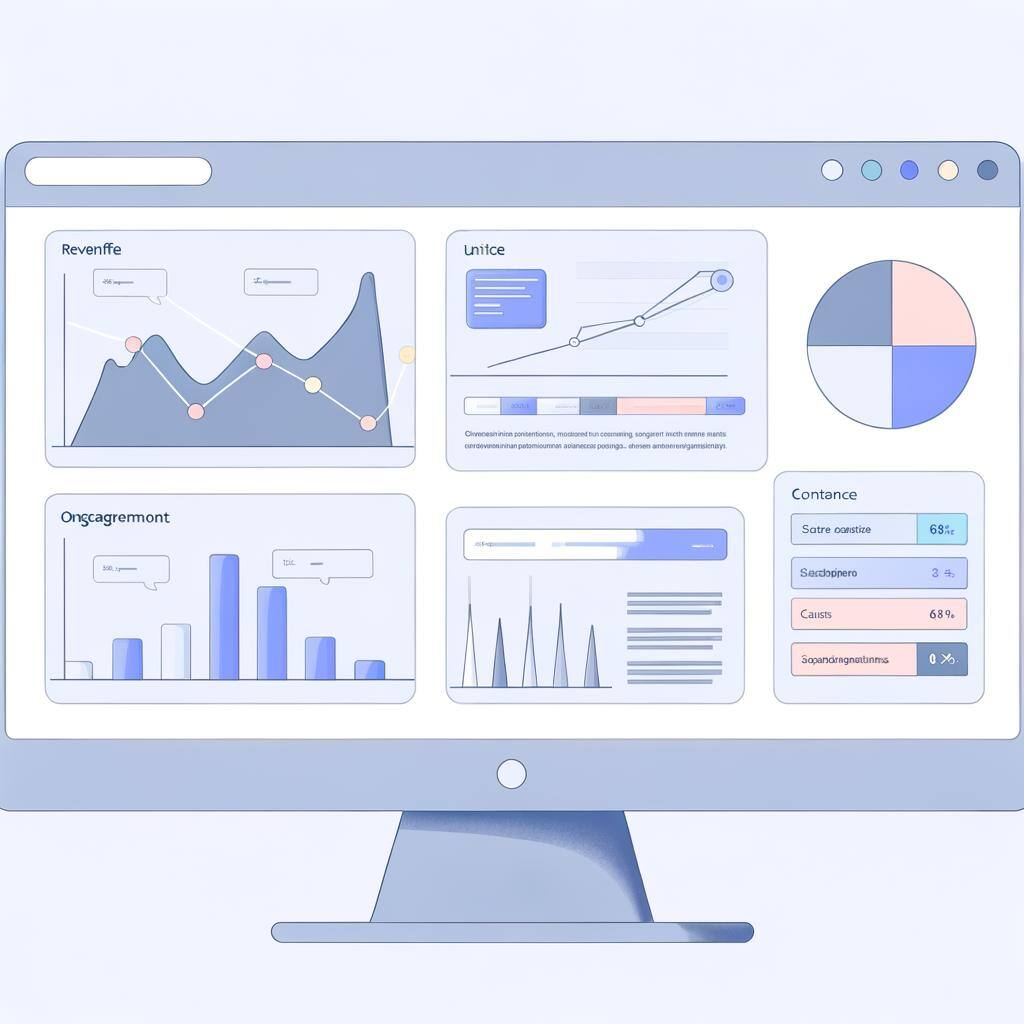
In today's data-driven world, the quality of your decisions hinges directly on the quality of your data. Yet, the critical role of data hygiene in enhancing decision-making processes is often overlooked, primarily due to constraints such as time and resources. This post delves into the transformative power of data hygiene, exploring its essence, impact, strategic approaches, technological allies, and real-world successes.
Understanding the Essence of Data Hygiene
Data hygiene is the foundation of reliable decision-making. It encompasses practices like data cleansing, validation, and standardization to ensure data integrity and accuracy. Clean data is the cornerstone of any analysis, providing a robust basis for identifying trends, patterns, and insights. Without rigorous data hygiene, organizations risk basing their decisions on flawed information, potentially leading to detrimental outcomes.
The Direct Impact of Data Quality on Decision Making
The quality of data directly influences the effectiveness of decision-making. High-quality, clean data enables organizations to base their decisions on accurate, up-to-date information, uncovering insights that drive strategic actions. Conversely, poor data quality can lead to incorrect conclusions, resulting in decisions that may harm the organization's performance and reputation. Ensuring data hygiene is not just a technical necessity but a strategic imperative for informed decision-making.
Strategic Approaches to Ensuring Impeccable Data Hygiene
Achieving and maintaining high levels of data hygiene requires a strategic approach. This includes establishing a robust data governance framework, regularly assessing data quality, implementing data cleaning and standardization practices, validating data accuracy, and fostering a culture of data awareness among employees. By adopting these strategies, organizations can enhance their decision-making capabilities, ensuring they are always guided by the most reliable and relevant data.
Technological Allies: Tools for Data Cleansing and Maintenance
Fortunately, the journey to impeccable data hygiene does not have to be traversed alone. Various tools and technologies are available to assist organizations in data cleansing and maintenance. These range from data quality management tools, which help identify and resolve data issues, to data integration tools that ensure consistency across multiple data sources, and data quality monitoring tools that provide ongoing surveillance of data quality. Leveraging these tools can significantly streamline the process of maintaining clean data, saving valuable time and resources.
Real-World Success: Case Studies of Data-Driven Decision Making
The positive impact of clean data on decision-making is not theoretical; it is proven in practice across various industries. For instance, Company X's implementation of data cleansing and validation processes led to improved customer segmentation and personalized marketing, resulting in higher satisfaction and increased sales. Hospital Y's commitment to data hygiene enhanced patient safety and care quality, showcasing the vital role of clean data in healthcare. Retailer Z's focus on data standardization across sales channels improved inventory management and customer experience, underlining the broad applicability of data hygiene principles.
Building a Culture of Data Hygiene for Future-Proof Decisions
The journey toward data-driven decision-making is continuous. Building a culture that prioritizes data hygiene is essential for sustainable success. This involves not only implementing the right tools and strategies but also educating employees about the importance of data quality and involving them in the process. A collective commitment to maintaining clean data can transform decision-making processes, ensuring organizations remain agile, informed, and ahead of the curve.
In conclusion, mastering data hygiene is not an optional undertaking for organizations that aspire to make informed, strategic decisions. It is a fundamental necessity. By recognizing the importance of data hygiene, dedicating the necessary time and resources to it, and leveraging the right strategies and tools, organizations can unlock the full potential of their data, driving better decisions and outcomes. Let's not overlook the critical role of data hygiene; instead, let's embrace it as the cornerstone of future-proof decision-making.

